
Media Action Network for Asian Americans (MANAA), the only organization solely dedicated to advocating balanced, sensitive, and positive depiction and coverage of Asian Americans, is blasting “Bullet Train” as another in a long line of whitewashed movies based on Asian source material where American filmmakers choose to only include Asian characters in minimal roles or as window dressing.
Although shot in Los Angeles, the film is supposed to take place on a bullet train in Japan. Yet white and black actors (e.g., Brad Pitt, Joey King and Brian Tyree Henry) get top billing with Andrew Koji and Hiroyuki Sanada ranking fifth and sixth in the credits. Asian American actors like Masi Oka and Karen Fukuhara can only be said to make mere cameos, appearing in two or three very short scenes — a waste of their talents.
Although the movie opens with Kimura (Koji) and The Elder (Sanada) concerned about the survival of a family member who was pushed off a building, The Elder’s presence isn’t really felt until toward the end of this overly long, confusing, and meandering film. With the constant introduction of new assassins and flashbacks and modified flashbacks to explain their significance to the central plot, viewers need to draw diagrams to understand what is going on.
There’s even a lack of Asian or Japanese-speaking parts for people on the train. An elderly white woman (seen in the trailers) berates Pitt and Henry for making too much noise in a “Quiet Car” and Channing Tatum says a few lines as a passenger.
Kotaro Isaka, writer of the novel “Maria Beetle,” upon which “Bullet Train” was based, tried to rationalize the mostly non-Japanese/Asian casting, telling The New YorkTimes, “[The characters are] not real people, and maybe they’re not even Japanese.”
“That is a laughable statement,” said Guy Aoki, founding president of MANAA. “Aren’t ALL characters in a fictitious novel ‘not real people’? And despite their nicknames, all of the characters in his book were clearly Japanese.”
In August 2020, when it was rumored Joey King had auditioned for Katara in the Netflix live-action series “Avatar: The Last Airbender” (which had been whitewashed in the 2010 live-action film version), the actress wrote on Twitter, “I do not believe a white woman should play a character of color. Not me or any white woman for that matter.”
Yet that same month, she had been in negotiations to play The Prince (Satoshi Oji in the novel) in “Bullet Train,” production began in October, and filming in November. Her tweet has since been deleted.

Of the film adaptation, author Isaka even said, “I don’t have any feeling of wanting people to understand Japanese literature or culture. It’s not like I understand that much about Japan, either.”
Aoki cringed at that comment. “What an embarrassing sellout. Guess he’s more interested in counting the money he’s getting for selling his work (and soul) to Hollywood and hoping for sequels.”
Director David Leitch told The Times, “We were all really aware and wanted to make it super inclusive and international. [The diversity of the cast] just shows you the strength of the original author’s work and how this could be a story that could transcend race anyway.”
Aoki points out that only makes excuses for the tired Hollywood practice of exploiting Asian source material, leaving out most of the Asians in it, and calling the casting of white, black and Latino actors a triumph for diversity. “Amazing.”

“If the story was so strong,” asserts Aoki, “it wouldn’t have been risky to include Japanese or Asian actors in more if not all of the roles. ‘Crazy Rich Asians’ certainly didn’t suffer for it (it became the highest-grossing romantic comedy in 20 years). ‘Shang-Chi and the Legend of the Ten Rings’ did so well (the highest grossing film of the pandemic era up until that point) that Disney decided to release all of its future movies exclusively in theatres ahead of streaming on Disney+.
“Unfortunately, people in Asian countries are used to seeing movies with all-Asian casts, so when Asian-sourced properties get turned into big-budget motion pictures, they find it refreshing to see white, black and Latino stars in them, not caring that the Asian content or culture of the original has been all but abandoned. By contrast, Asian Americans, who are still hungry to be seen, heard and understood in their own country, perceive it as more whitewashing.”
MANAA is discouraging moviegoers from seeing “Bullet Train” in theatres, and instead encourages supporting films that really give more well-deserved attention to Asians and Asian Americans. Otherwise, the public will be doomed to seeing more whitewashed projects like “Bullet Train” in the future.
Visit https://manaa.org/ or “Media Action Network for Asian Americans” on Facebook.
 ‘Harimaya Bridge’ Screening at SFV Hongwanji Temple
‘Harimaya Bridge’ Screening at SFV Hongwanji Temple
 Trendsetters teach us how to pose for show
Trendsetters teach us how to pose for show
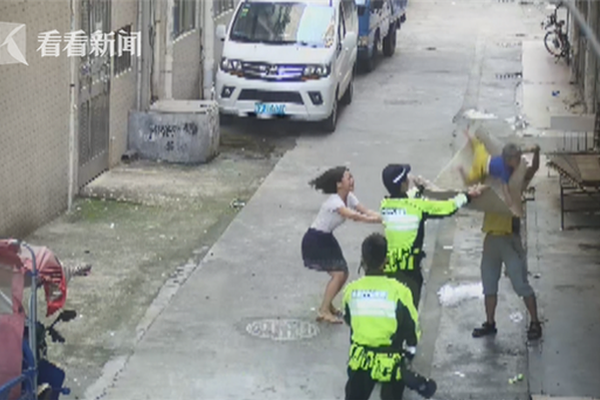 How one construction company is thinking outside the box
How one construction company is thinking outside the box
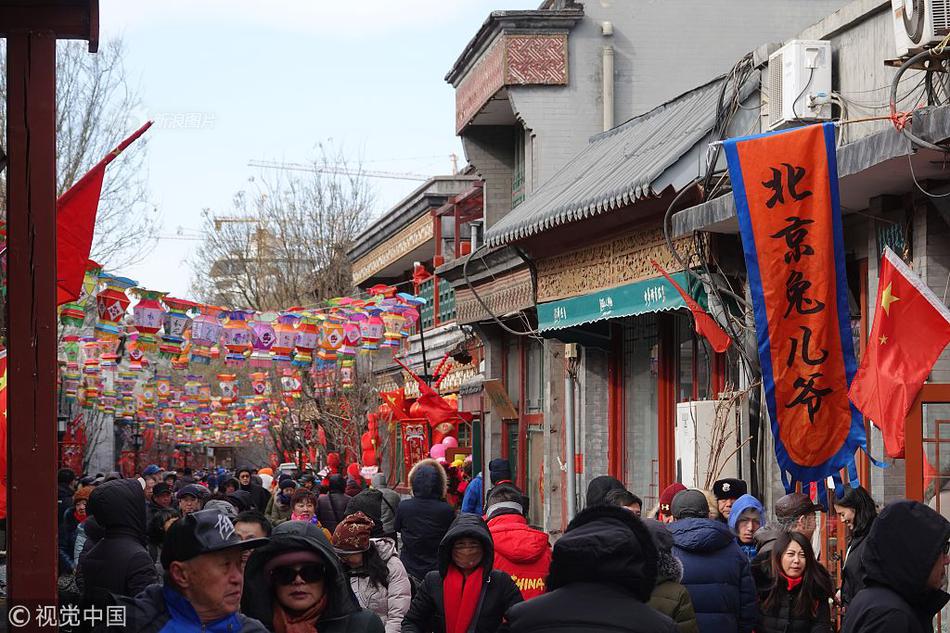 Horrific harassment story is giving the internet a new reason to #DeleteUber
Horrific harassment story is giving the internet a new reason to #DeleteUber
 East West Players Names New Board Members
East West Players Names New Board Members
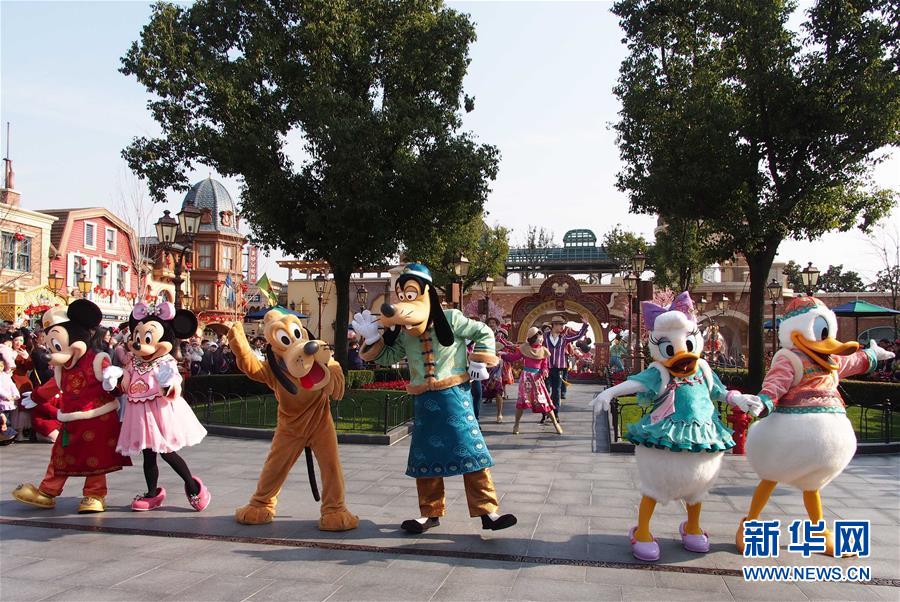 This salty reaction GIF is the internet's new favorite meme
This salty reaction GIF is the internet's new favorite meme
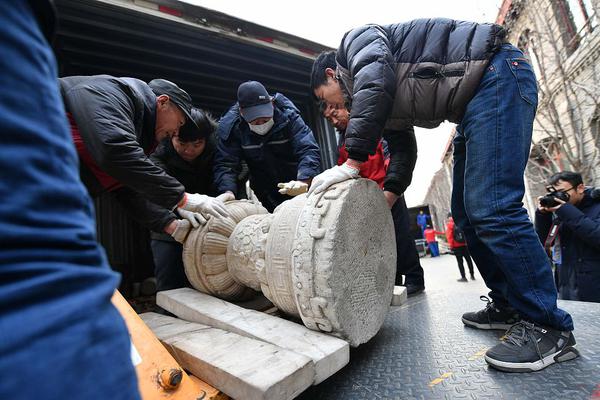 The internet is not happy with Trump's 'Southern White House'
The internet is not happy with Trump's 'Southern White House'
 South Korean women will live longer than the rest of us in the future
South Korean women will live longer than the rest of us in the future
 Kiyoshi Kurosawa’s ‘Before We Vanish’ Now Playing
Kiyoshi Kurosawa’s ‘Before We Vanish’ Now Playing
 The internet is not happy with Trump's 'Southern White House'
The internet is not happy with Trump's 'Southern White House'
 ‘Allegiance’ and the Persistence of Little Tokyo
‘Allegiance’ and the Persistence of Little Tokyo
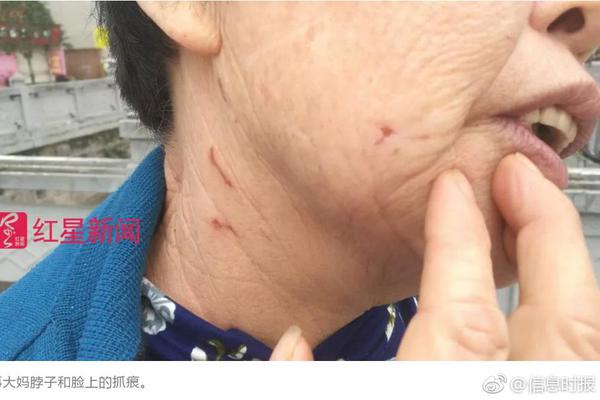 Even this Fox News anchor thinks Trump's 'ridiculous' lies have gone too far
Even this Fox News anchor thinks Trump's 'ridiculous' lies have gone too far
 Trump forced Chris Christie to order meatloaf like a mean dad
Trump forced Chris Christie to order meatloaf like a mean dad
 Sit back and let the #NoBallChallenge take over your timeline
Sit back and let the #NoBallChallenge take over your timeline
 NEA Big Read to Focus on ‘When the Emperor Was Divine’
NEA Big Read to Focus on ‘When the Emperor Was Divine’
 Bruce Springsteen gives teen the guitar lesson of a lifetime while on stage
Bruce Springsteen gives teen the guitar lesson of a lifetime while on stage
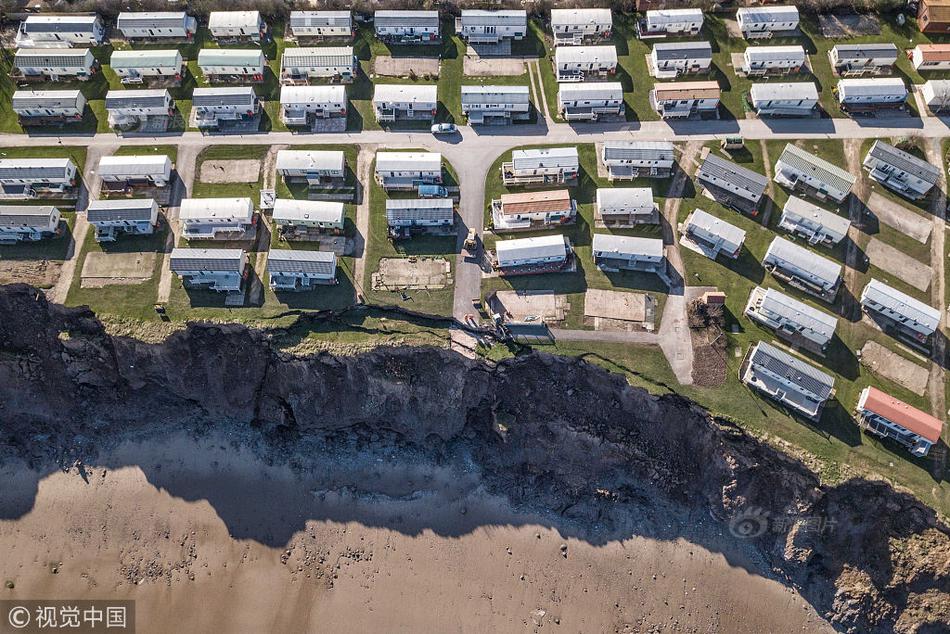 Happy Valentine's Day from these adorably terrible heart
Happy Valentine's Day from these adorably terrible heart
 Ridiculous plan to remove a rat from a house actually works
Ridiculous plan to remove a rat from a house actually works
 Lecture, Exhibit on Akita Dogs at Japan Foundation
Lecture, Exhibit on Akita Dogs at Japan Foundation
 New 'Tiny Trumps' meme has flooded the internet big time
New 'Tiny Trumps' meme has flooded the internet big time
Samsung Galaxy S25: New photo appears to leak all three modelsThe Screw TapesOctober Prime Day printer deals: Get HP, Canon, and more under $100Save $69 on Beats Studio Buds for October Prime DayThe Many Faces of Brian KempBest Beats Fit Pro deal: Save $50 on October Prime DayScientists discover treasure trove of species in a cloud forestBest Amazon Prime Day tech deals, according to a tech reporterCan Meta fix Threads' engagement bait problem?Celtic Twilight SpaceX and T The 3 best TV streaming devices to get right now G2 Esports launches its first all Is HBO Max still worth the money? 'Wordle' today: Here's the answer, hints for September 6 Samsung announces data breach affecting undisclosed number of customers Facebook Feed appears to be broken for many users New AirPods Pro earbuds could debut at Apple event this week Trump's Truth Social app has not been approved by Google's Play store yet Wordle today: Here's the August 26 Wordle answer and hints
0.241s , 14277.765625 kb
Copyright © 2025 Powered by 【private sex videos made by couples not expecting to be on the internet】MANAA Blasts Whitewashed ‘Bullet Train,’ Calls Out Actress,Global Hot Topic Analysis